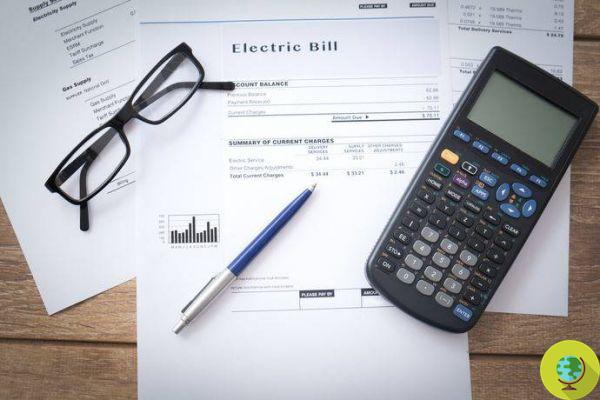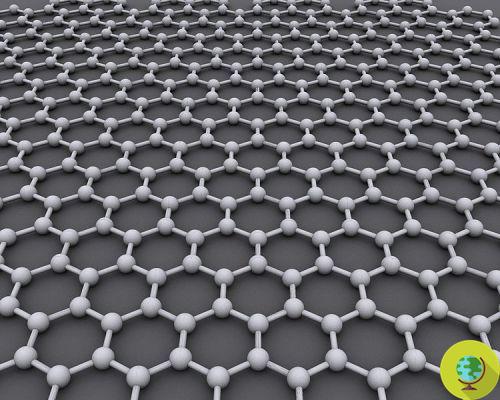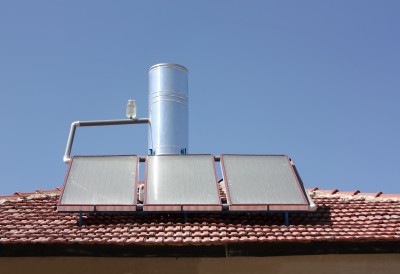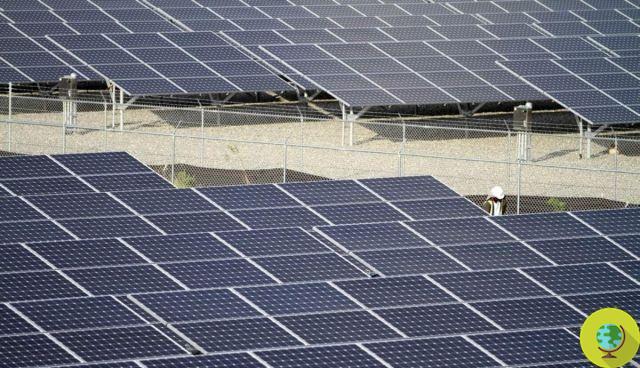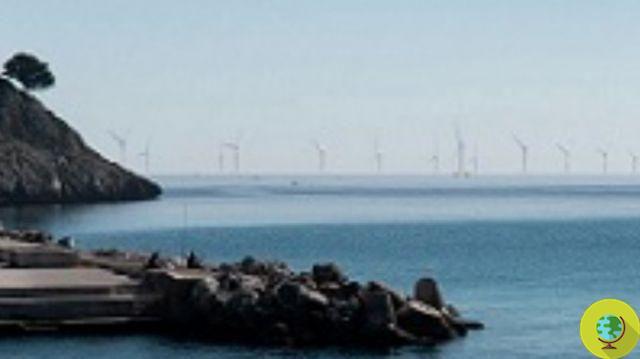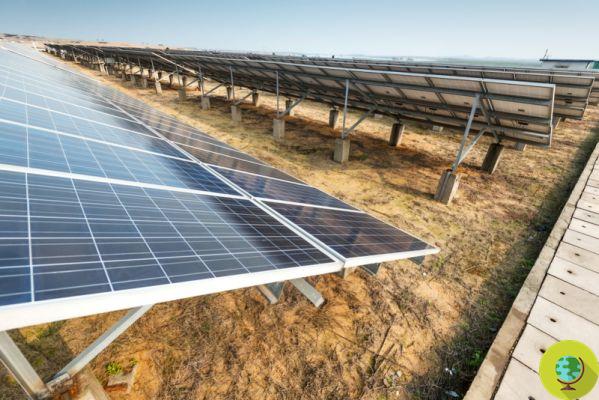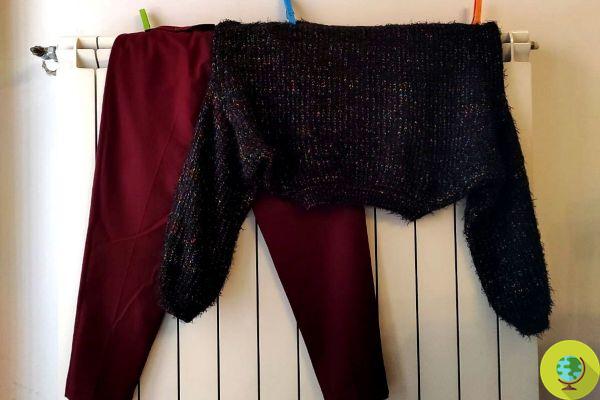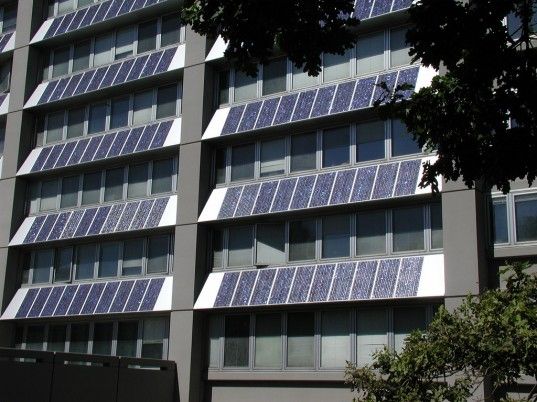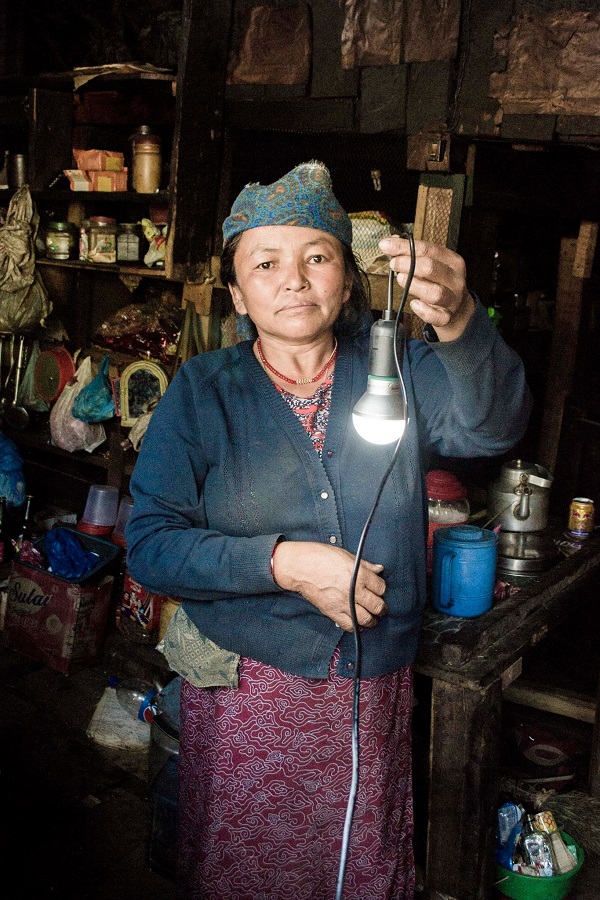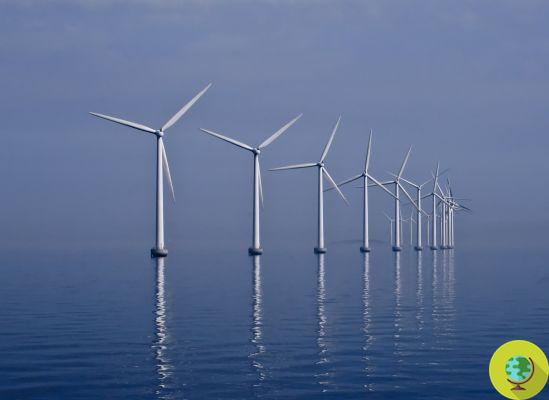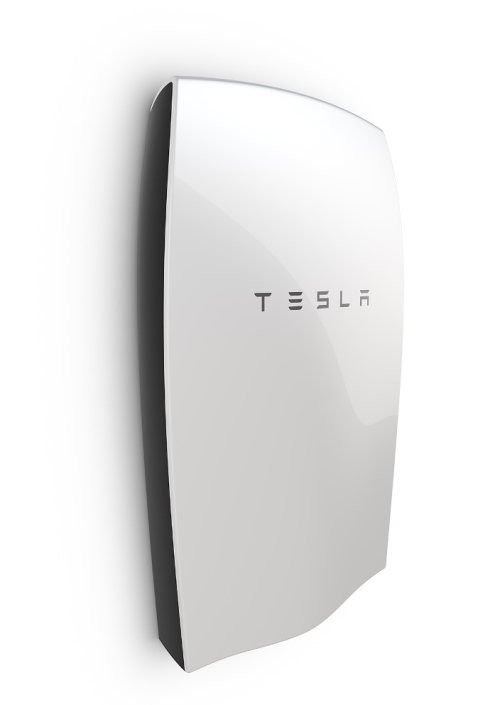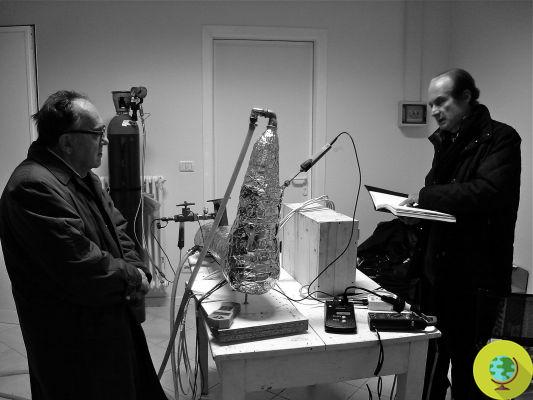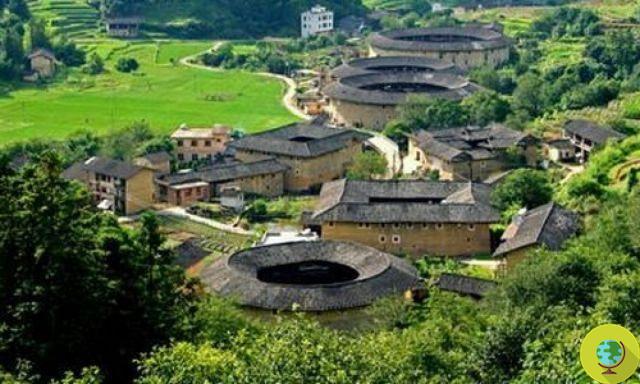
In Mongolia, electricity was a luxury, especially for nomadic populations. Here the sun shines at least 250 days a year, illuminating the plains of the Gobi desert to the southern border of the country with China. So why not use its natural power to produce electricity? New government-sponsored initiative aims to equip traditional dome houses called gher with portable solar systems (SHS)
He is about to end up run over, his mother saves him
In Mongolia electricity was a luxury, especially for nomadic populations. Here the sun shines at least 250 days a year, illuminating the plains of the Gobi desert to the country's southern border with China. Why not then exploit its natural strength to produce electricity? A new government-sponsored initiative aims to equip traditional domed houses called gher with portable solar system (SHS).
I shepherds and nomads of Mongolia have so far had little or no access to energy and its potential benefits, but thanks to the help of the World Bank, the government has managed to carry out the Solar Ger Electrification Program which allowed the installation of the SHS on the felt and yak wool curtains.
About 800.000 of Mongolia's 2,8 million inhabitants still follow the traditional nomadic lifestyle, which has remained substantially unchanged for generations. With a few rare exceptions, life here is almost the same as that of the ancestors. But this year nearly 70 percent of the nomadic population had access to electricity thanks to the portable photovoltaic panels recently installed on the gher.
Clean energy, therefore. It didn't take oil to literally illuminate the life of the Mongols. Thanks to the new domestic solar systems, many of them can finally take advantage of the electricity generated without producing pollution, with numerous positive implications.
Pure neither abandoning nor changing one's lifestyle, pastors can also use cell phones to call for help in case of need, such as says Bor who moves in the Arkhangai province, in western Mongolia: "We use it for lighting the gher, to charge phones, to have a refrigerator to keep food longer and to have television, very useful for us because we can follow the weather forecast, which is important for our work and to keep our animals safe ".
"Most of the children in the countryside stay in the dormitories because their parents are nomads and it is the only way they have to give them an education," continues the pastor. "That way, we can call them."
Access to electricity also allows families to have health care and to consult a doctor in case of emergency or advice without necessarily having to walk to the nearest village.
But that is not all. The SHS project also offers environmental benefits in a country where carbon dioxide emissions are much higher than the world average due to the growth of the mining sector, especially in the last decade.
Francesca Mancuso
Photo: Al Jazeera
READ also:
- Portable photovoltaics: energy in solar and trolley
- Pyppy, the portable photovoltaic balcony panel
-




